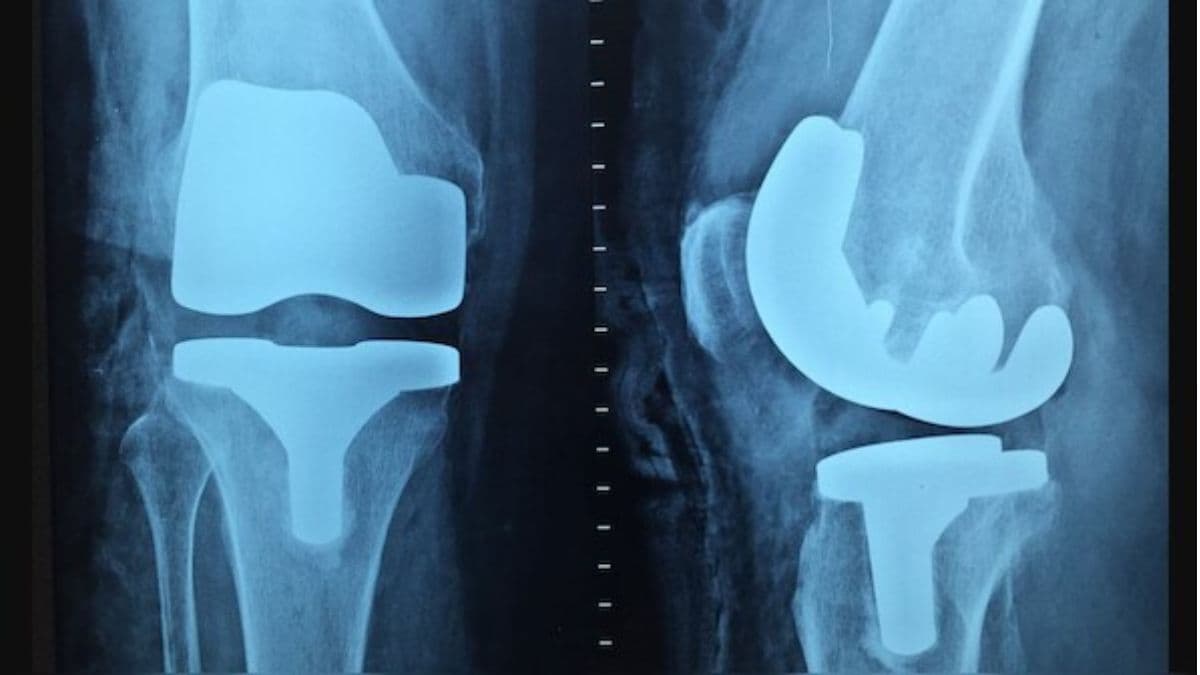According to a new study, flame retardants, which are known or suspected of causing cancer, may be in the air inside our cars. These chemicals are added to materials to either stop flames from starting or to slow their spread. They are found in the foam of your car seats read more
)
As per the latest study, seat foam is the source of the chemicals in the cabin automobile that cause cancer. Pixabay/Representative Image
For many, cars have become an essential part of their daily commute.
Few people are aware, though, that the air inside the vehicle could be harmful.
According to a new study, flame retardants known or suspected of causing cancer may be in the air inside our cars.
On 7 May, Duke University published a report about the troubling aspect of driving in the journal Environmental Science and Technology.
Let’s take a closer look.
Harmful chemicals in car cabin
The researchers at Duke University analysed the cabin air of 101 electric, petrol and hybrid cars with model years ranging from 2015 to 2022.
They discovered that a flame retardant known as TCIPP, which is currently being looked into as a possible carcinogen by the US National Toxicology Programme, was present in 99 per cent of vehicles.
Two additional flame retardants, TCEP and TDCIPP, that are considered hazardous, were found in most cars.
According to the study, these flame retardants are associated with neurological and reproductive side effects.
Speaking to People magazine, Rebecca Hoehn, lead researcher and toxicology scientist at Duke University, said, “Considering the average driver spends about an hour in the car every day, this is a significant public health issue.”
“It’s particularly concerning for drivers with longer commutes as well as child passengers, who breathe more air pound for pound than adults,” she added.
The study also discovered that because heat causes chemicals from automobile materials to leak more rapidly, summertime saw the highest concentrations of harmful flame retardants.
Also read: Why has India been dubbed the ‘cancer capital of the world?’
Flame retardants are to be blamed
Chemicals known as flame retardants are added to materials to either stop flames from starting or to slow their spread, as per News9.
Since the 1970s, flame retardants have been added to a variety of consumer goods, like furniture, electronics, building and construction materials, and car interiors, as per the National Institute of Environmental Health Sciences (NIEHS).
As per the latest study, seat foam is the source of the chemicals in the cabin automobile that cause cancer.
Car manufacturers add these chemicals to seat foam and other materials to comply with a flammability standard that is “outdated” and has no demonstrable value for fire safety.
There could be serious health consequences from these chemicals.
According to epidemiological research, children who are exposed to some flame retardants may lose IQ points, and adults who are exposed to them may have an increased risk of cancer.
Other health effects may include endocrine and thyroid disruption, immunotoxicity, and reproductive toxicity, as per NIEHS.
Calls for change in rules
Patrick Morrison, director of health, safety and medicine for the International Association of Fire Fighters, told People, “Firefighters are concerned that flame retardants contribute to their very high cancer rates. Filling products with these harmful chemicals does little to prevent fires for most uses and instead makes the blazes smokier and more toxic for victims, and especially for first responders.”
“I urge NHTSA (US National Highway Traffic Safety Administration) to update their flammability standard to be met without flame retardant chemicals inside vehicles,” he added.
In the study, researchers also insisted that these toxic chemicals have no benefit inside vehicles.
Lydia Jahl, study author and senior scientist at the Green Science Policy Institute said that people might be able to reduce their exposure to the toxic flame retardants by opening car windows and parking in the shade or in garages.
“But what’s really needed is reducing the amount of flame retardants being added to the cars in the first place. Commuting to work shouldn’t come with a cancer risk, and children shouldn’t breathe in chemicals that can harm their brains on their way to school,” she was quoted by the magazine, as saying.
Rising cancer cases in India
India has now become the “cancer capital of the world,” according to a new report by Apollo Hospitals.
The study entitled Apollo Hospital’s Health of Nation Report, found that non-communicable disease (NCDs) comprised 63 per cent of all deaths.
By 2030, the country will lose $3.55 trillion in economic output due to these diseases.
India recorded 13.9 lakh cancer cases in 2020, and the number is set to rise to 15.7 lakh by 2025, a sharp 13 per cent increase in five years.
With inputs from agencies

 6 months ago
32
6 months ago
32

















)
)
)
)
)
)
)
 English (US) ·
English (US) ·